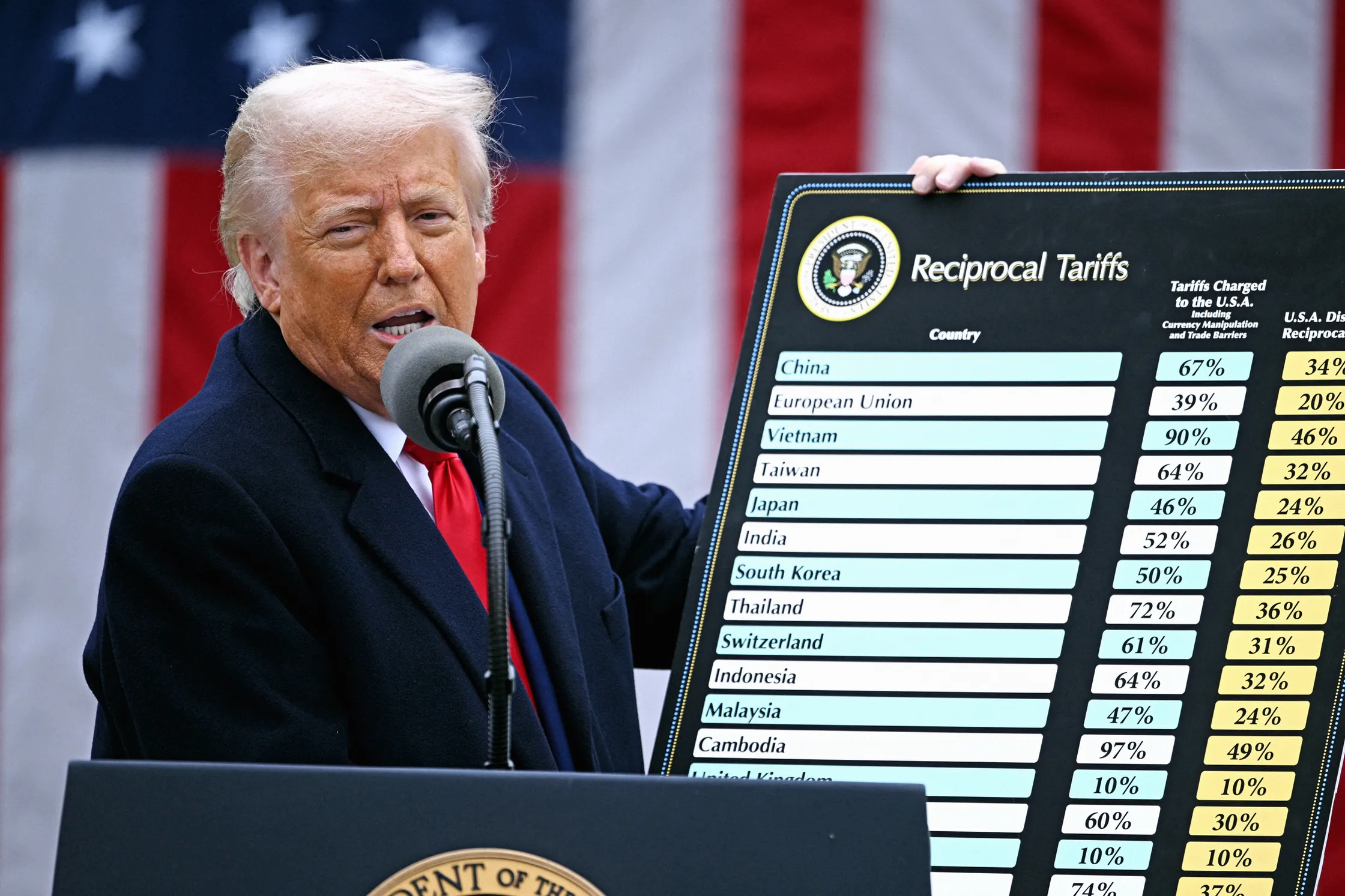Watch this related video
In March 2018, President Donald Trump announced tariffs of 25% on steel and 10% on aluminum imports, aiming to bolster domestic industries. While these measures were primarily directed at sectors like construction and automotive, they had significant repercussions for the technology industry. Tech companies rely heavily on these metals for products such as server racks, smartphones, and laptops. The increased costs of raw materials led to higher production expenses, which were often passed on to consumers. Initially, certain countries received temporary exemptions, but as these expired, the tariffs began affecting major trading partners, further complicating the global supply chains integral to tech manufacturing.
The tech industry faced not only direct cost increases but also the looming threat of retaliatory measures from affected countries. Nations impacted by the U.S. tariffs considered imposing their own countermeasures, potentially escalating trade tensions and disrupting the intricate network that tech companies depend on. This situation was particularly challenging for smaller tech firms lacking the resources to absorb or navigate the fluctuating import/export costs. Even industry giants like Apple and HP had to reassess their pricing models and manufacturing strategies in response to these economic shifts.
The uncertainty introduced by these tariffs posed significant challenges for an industry that thrives on global cooperation and precise logistics. Companies had to explore alternative supply chain strategies, such as diversifying their supplier base or seeking cost efficiencies elsewhere, to mitigate the impact of increased material costs. However, these adjustments often required substantial time and investment, further straining resources.Wikipedia
Beyond the immediate financial implications, the tariffs had broader strategic consequences. They prompted a reevaluation of international trade relationships and highlighted the vulnerabilities in relying heavily on specific countries for critical components. This period underscored the importance for tech companies to develop more resilient and diversified supply chains to withstand geopolitical and economic fluctuations.
In summary, the tariffs introduced by the Trump administration in 2018 had far-reaching effects on the tech industry, influencing production costs, supply chain strategies, and international trade dynamics. The situation highlighted the intricate interdependencies of global trade and the need for industries to adapt proactively to policy changes.

